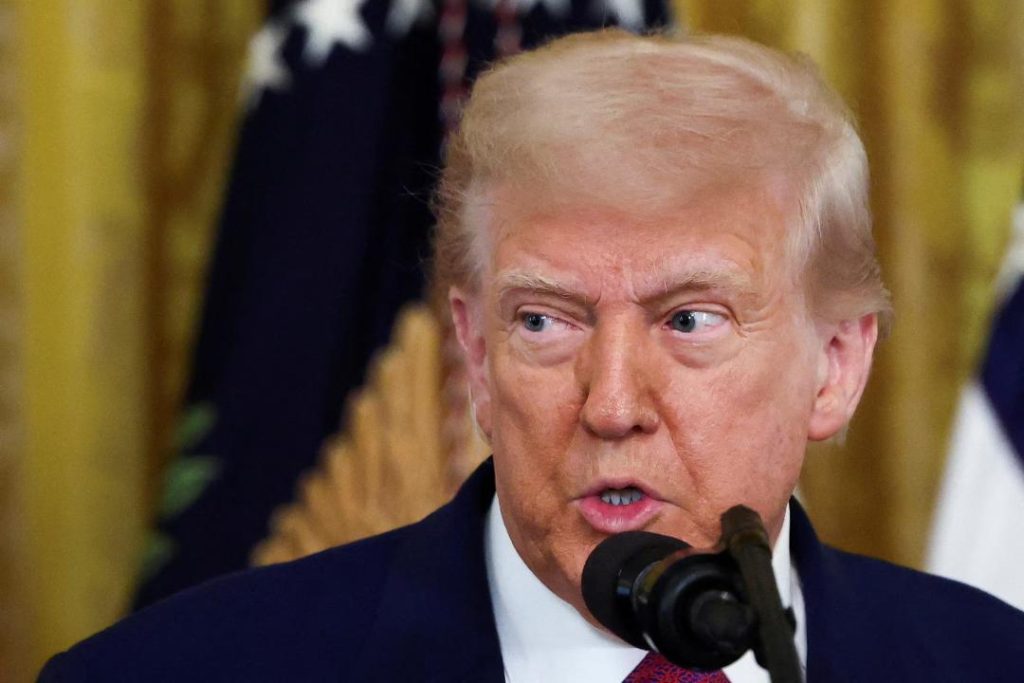
What Happens Now that US Court has Called Trump’s Tariffs Illegal?
In a significant blow to the Trump administration, a US court has ruled that the tariffs imposed by President Donald Trump on imported solar panels and washing machines are illegal. The tariffs, which were implemented in 2018, were aimed at protecting American manufacturers from what Trump claimed was unfair competition from foreign companies. However, the US Court of International Trade has now deemed the tariffs as unlawful, stating that they violate the Trade Act of 1974.
But what happens now? Can Trump simply ignore the court’s ruling and continue to impose tariffs? The answer is complicated, and it’s not as simple as a straightforward yes or no.
The Trade Act of 1974, which the court cited as the basis for its ruling, restricts tariffs to 15% and allows them to be applied for only 150 days on nations with which the US has a significant trade deficit. This means that Trump can’t simply impose tariffs at will, and he’s limited by the law.
One possible option for Trump is to invoke the Trade Expansion Act of 1962, which allows the President to impose tariffs without Congressional approval. However, this requires a Commerce Department investigation to determine whether imports are causing harm to US industries. This process can take several months, and even if Trump were to invoke the act, it’s unclear whether the tariffs would be upheld by the courts.
So, what are the implications of the court’s ruling? For starters, it’s a major setback for the Trump administration, which has been pushing for tariffs as a way to protect American industries. The ruling also sends a message to other countries that the US is willing to challenge unfair trade practices, even if it means going to court.
However, the ruling also has implications for American consumers, who may see the prices of imported goods rise due to the tariffs. Many companies, particularly in the technology and manufacturing sectors, rely on imported components and materials, and the tariffs could lead to increased costs and potentially even layoffs.
The ruling also has implications for the global economy, particularly for countries that rely heavily on exports to the US. China, for example, is one of the largest exporters to the US, and the tariffs have already had a significant impact on its economy.
In conclusion, the US court’s ruling that Trump’s tariffs are illegal is a significant development, but it’s not the end of the story. Trump still has options available to him, including invoking the Trade Expansion Act of 1962, but the process is likely to be lengthy and uncertain. For American consumers and businesses, the impact of the ruling will depend on how the tariffs are implemented and whether they are ultimately upheld by the courts.



